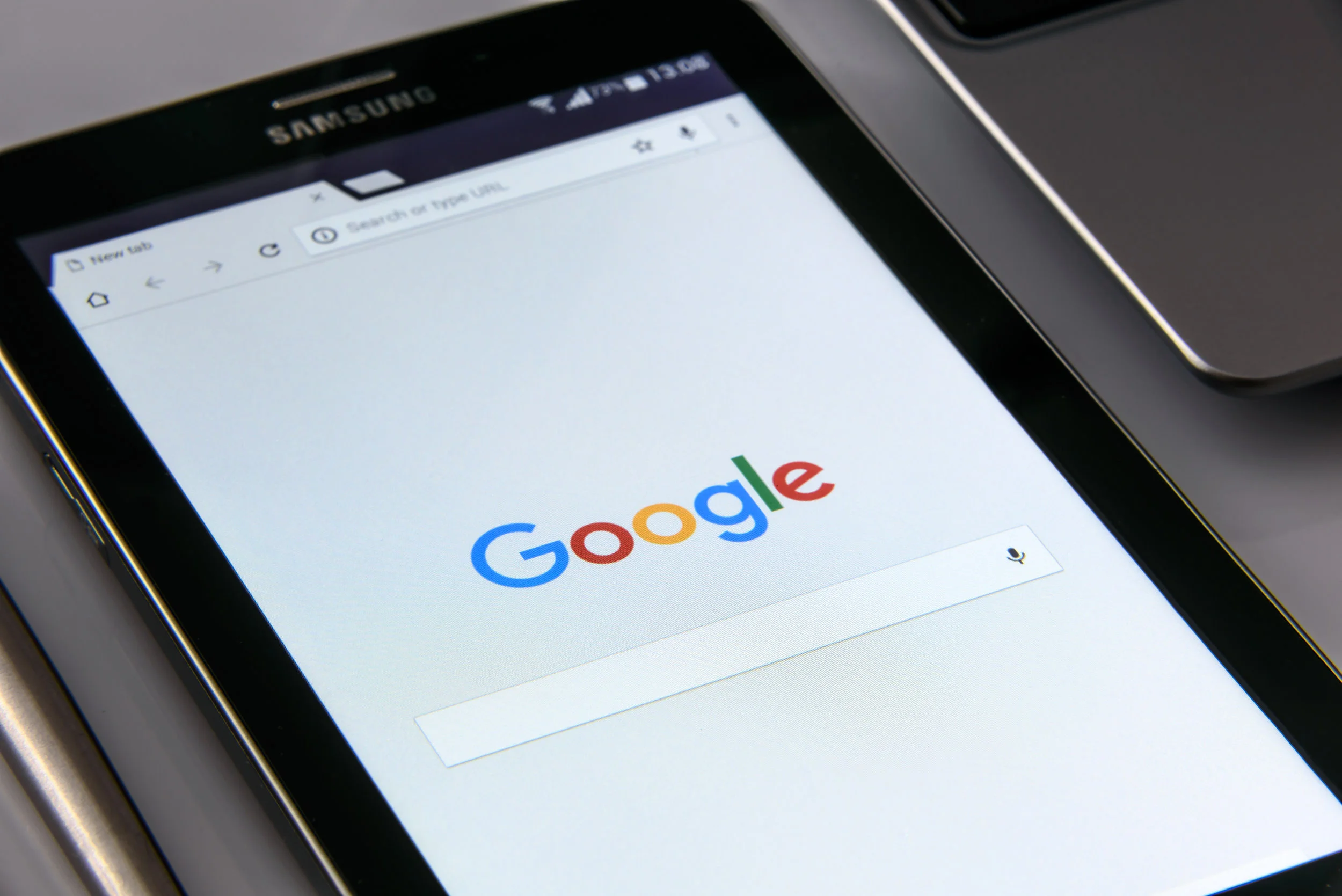Google has partnered with the National Alliance on Mental Illness (NAMI) to help users who are potentially suffering from depression detect and treat their condition [1]. Their solution is simple: if a user searches for a topic related to or involving the word depression, a message will pop up asking “Are you depressed?” [1]. If the user clicks “yes,” they will immediately be linked to a PHQ-9, a validated self-assessment tool to help users gauge their mental health status and identify whether they are exhibiting common symptoms of depression [2]. The PHQ-9 is used by clinicians and asks questions such as “are you having trouble concentrating?” or “are you more fidgety or restless lately?” [1]. The company hopes that after taking the PHQ-9, users will seek treatment and be able to have a more informed conversation with their doctors [2]. However, Google wants to emphasize that the PHQ-9 is not a singular tool for diagnosis and users should seek the opinion of a professional [1].
Currently, about 5% of all Google searches are health related and mental health is a large proportion of those inquiries [1]. Mary Giliberti, Chief Executive Officer at NAMI, reports that “Clinical depression is a very common condition—in fact, approximately one in five Americans experience an episode in their lifetime” [1]. Yet, despite its prevalence, only half of all people with depression receive treatment or professional help and that those people typically endure the symptoms for six to eight years before seeking out that treatment [2]. Google hopes that their new tool for self-diagnosis will help people who may be uncomfortable conversing with a doctor or have feelings of shame due to the stigma of mental health [2]. The company also points out that the results of the quiz are “sensitive and private” and will not be stored [3].
A few researchers have pointed out the irony that access to the internet may in fact be partially responsible for mental health problems- making Google a cause instead of a solution [2]. So many people experience increased anxiety after searching for medical symptoms that a word was created for it in the 90s – cyberchondria [2]. Many studies also show that too much screen time or time spent using technology makes us more prone to problems such as anxiety and depression [2]. Social media, in particular, has been shown to increase feelings of loneliness and isolation [2].
Some people applaud Google’s initiative because it destigmatizes and raises awareness of mental health, yet are skeptical of the tool’s worth [3]. Studies have shown people trust the top Google responses the most and that these responses play a role for many people making important decisions [3]. Yet studies have also shown that search engine results can manipulate people's’ perceptions of health-related information, such as the safety of certain vaccines, simply by changing the order of the search results [3].
Despite its critiques, Google is moving forward with the project in an attempt to destigmatize mental health and encourage people suffering from depression to seek help. Time will tell if this tool affects the amount of people who feel empowered to seek professional help for mental illness.
References
- Walton, Alice G. “Google Rolls Out Tool To Help Diagnose Depression.” Forbes.com, Forbes, 24 Aug. 2017. https://www.forbes.com/sites/alicegwalton/2017/08/24/google-rolls-out-tool-to-help-diagnose-depression/#4904dbf640ce
- Firger, Jessica. “Google Wants to Address the U.S. Depression Epidemic, Even Though the Internet Is a Common Cause.” Newsweek.com, Newsweek, 24 Aug. 2017. http://www.newsweek.com/google-clinical-depression-self-assessment-test-screening-internet-654846
- Mahdawi, Arwa. “Google Wants to Know If You're Depressed. What Could Go Wrong?” Theguardian.com, The Guardian, 25 Aug. 2017. https://www.theguardian.com/commentisfree/2017/aug/25/google-clinical-depression-privacy
